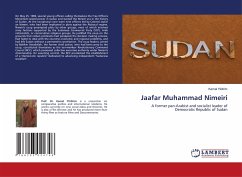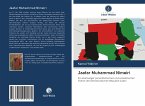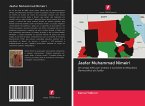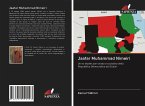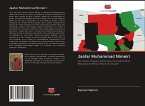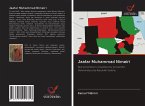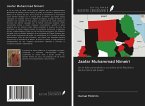On May 25, 1969, several young officers calling themselves the Free Officers Movement seized power in Sudan and started the Nimeiri era in the history of Sudan. At the conspiracy's core were nine officers led by Colonel Jaafar an Nimeiri, who had been implicated in plots against the Abboud regime. Nimeiri's coup preempted plots by other groups, most of which involved army factions supported by the Sudanese Communist Party (SCP), Arab nationalists, or conservative religious groups. He justified the coup on the grounds that civilian politicians had paralyzed the decision making process, had failed to deal with the country's economic and regional problems, and had left Sudan without a permanent constitution. The coup leaders, joined by Babiker Awadallah, the former chief justice, who had been privy to the coup, constituted themselves as the ten-member Revolutionary Command Council (RCC), which possessed collective executive authority under Nimeiri's chairmanship. On assuming control, the RCC proclaimed the establishment of a "democratic republic" dedicated to advancing independent "Sudanese socialism".
Bitte wählen Sie Ihr Anliegen aus.
Rechnungen
Retourenschein anfordern
Bestellstatus
Storno

